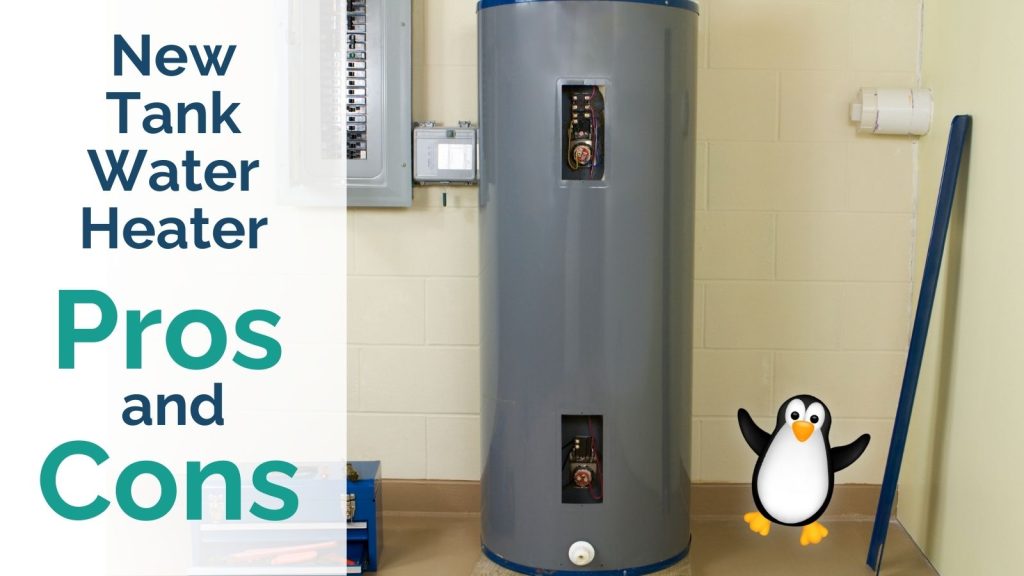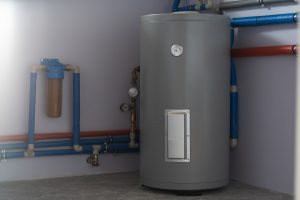When it comes to your home’s water heating system, choosing between a traditional tank water heater and a tankless system can feel like a big decision. Both options have their advantages and disadvantages, and what works best for your home will depend on your specific needs. In this blog post, we’ll explore the pros and cons of a new tank water heater installation in Lewes, DE, and discuss why many homeowners are opting for a tankless system instead.

Pros of a New Tank Water Heater
- Lower Upfront Costs One of the biggest benefits of a traditional tank water heater is its lower initial cost. Tank water heaters are less expensive to purchase and install compared to tankless models. If you’re working with a tight budget or need a quick replacement, a tank water heater can be a cost-effective solution.
- Simpler Installation Installing a tank water heater is generally quicker and easier than installing a tankless system. Most homes already have the necessary infrastructure for a traditional water heater, which means the installation process can be straightforward and less disruptive. Additionally, since these systems have been the standard for decades, most HVAC technicians are well-versed in the installation and maintenance of tank water heaters.
- Reliability Tank water heaters are designed to store hot water, so you have a ready supply on demand. This makes them reliable for households with high water usage or homes where multiple water fixtures (showers, dishwashers, etc.) may be used simultaneously. There’s no need to worry about running out of hot water, provided your tank is large enough to meet your needs.
Cons of a New Tank Water Heater
- Higher Energy Costs One of the primary downsides of a tank water heater is the higher energy consumption. These systems continuously heat water, even when you’re not using it, leading to “standby heat loss.” Over time, this can result in higher energy bills compared to tankless water heaters, which only heat water as needed.
- Limited Hot Water Supply Depending on the size of your tank and your household’s water usage, you could run out of hot water, especially if multiple appliances or fixtures are in use. Once the hot water is depleted, it can take a significant amount of time for the tank to refill and reheat, leaving you waiting for the next hot shower.
- Shorter Lifespan Traditional tank water heaters typically have a lifespan of around 10-15 years. In comparison, tankless water heaters often last 20 years or more. If longevity is important to you, this shorter lifespan may be a drawback.
Why Go Tankless?
Now that we’ve covered the pros and cons of a traditional tank water heater, let’s explore why many homeowners are choosing to invest in a tankless water heater instead.
- Energy Efficiency Tankless water heaters, also known as on-demand systems, only heat water when you need it. This eliminates the standby heat loss that occurs with tank water heaters, resulting in significant energy savings. According to the U.S. Department of Energy, tankless water heaters can be up to 34% more energy-efficient than conventional tank systems, especially in homes that use 41 gallons or less of hot water daily.
- Endless Hot Water Supply One of the most significant advantages of tankless systems is that they provide a continuous supply of hot water.
- Space-Saving Design Tankless water heaters are much smaller than traditional tank systems, making them an excellent option for homeowners looking to save space.
- Longer Lifespan With proper maintenance, tankless water heaters can last up to 20 years or more, making them a worthwhile investment in the long term.

